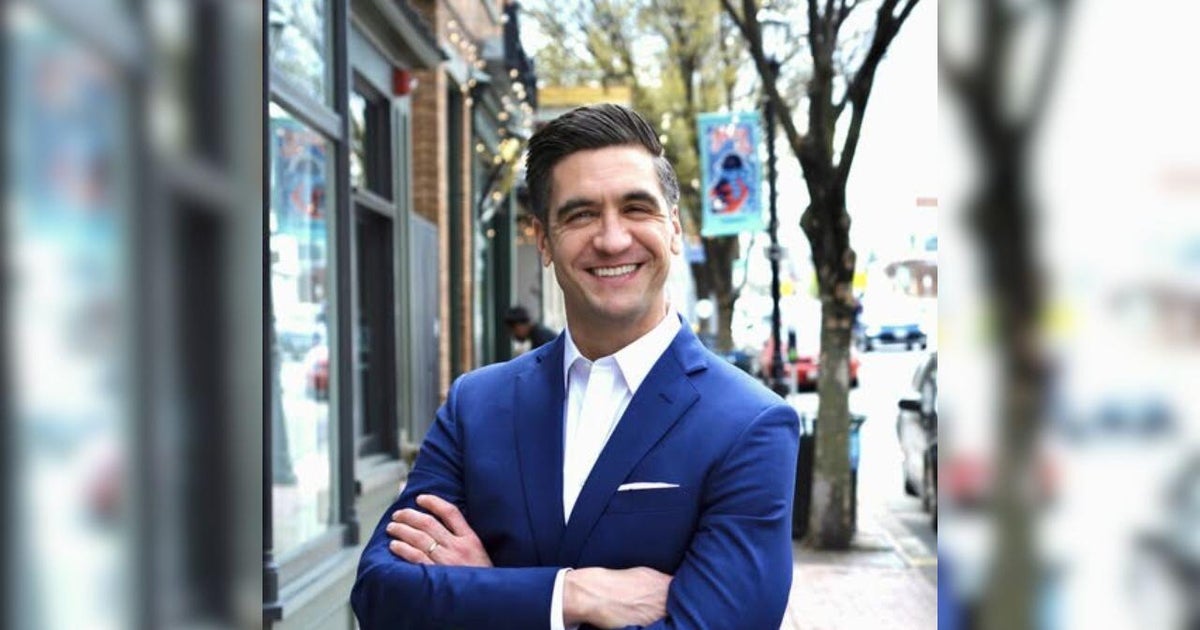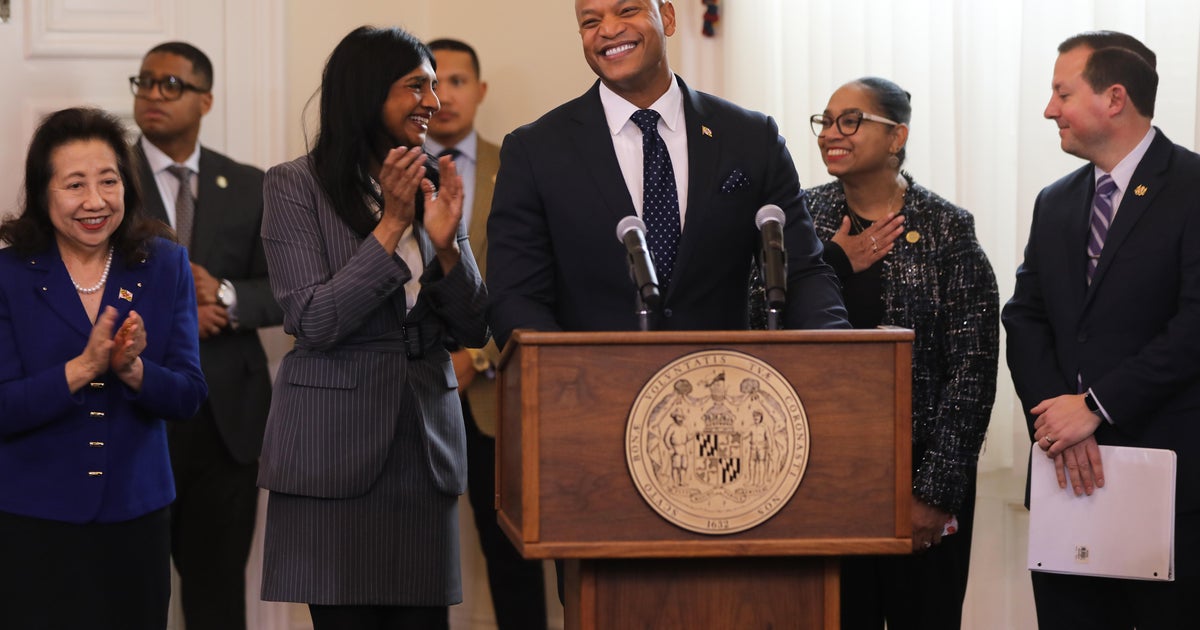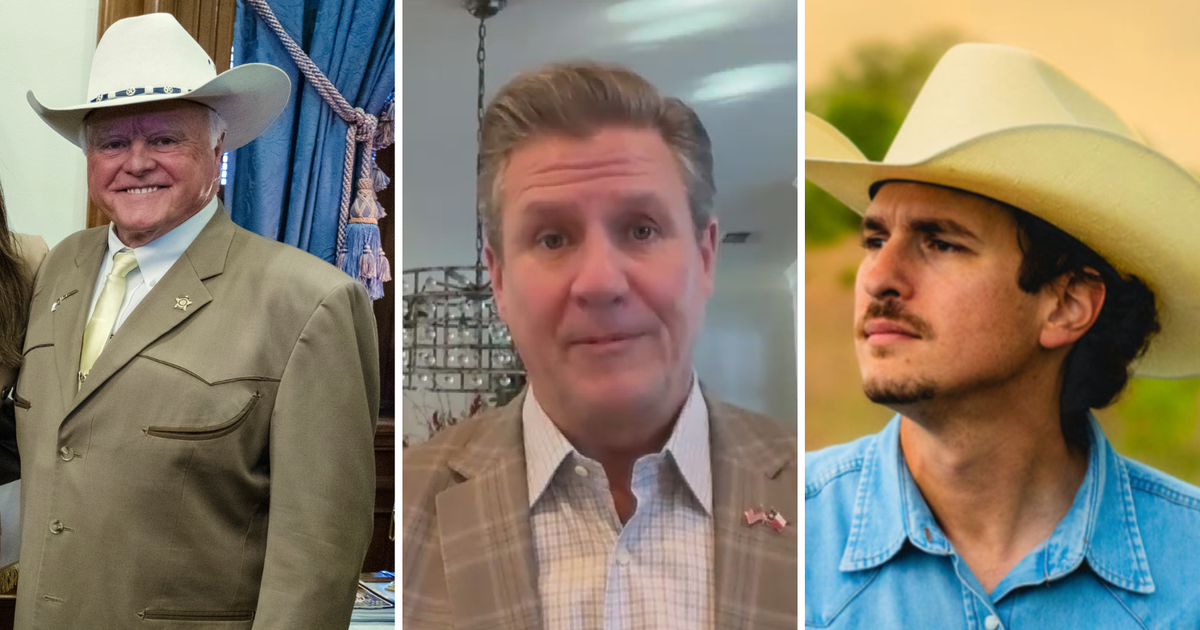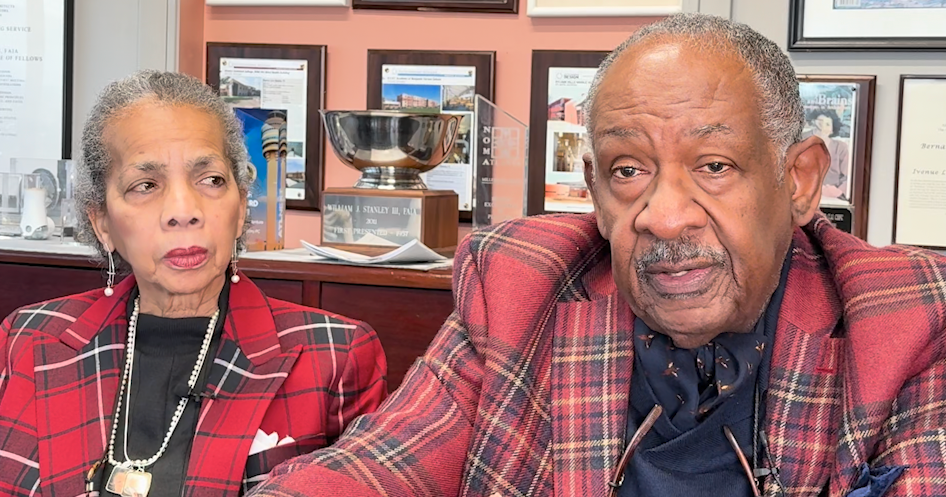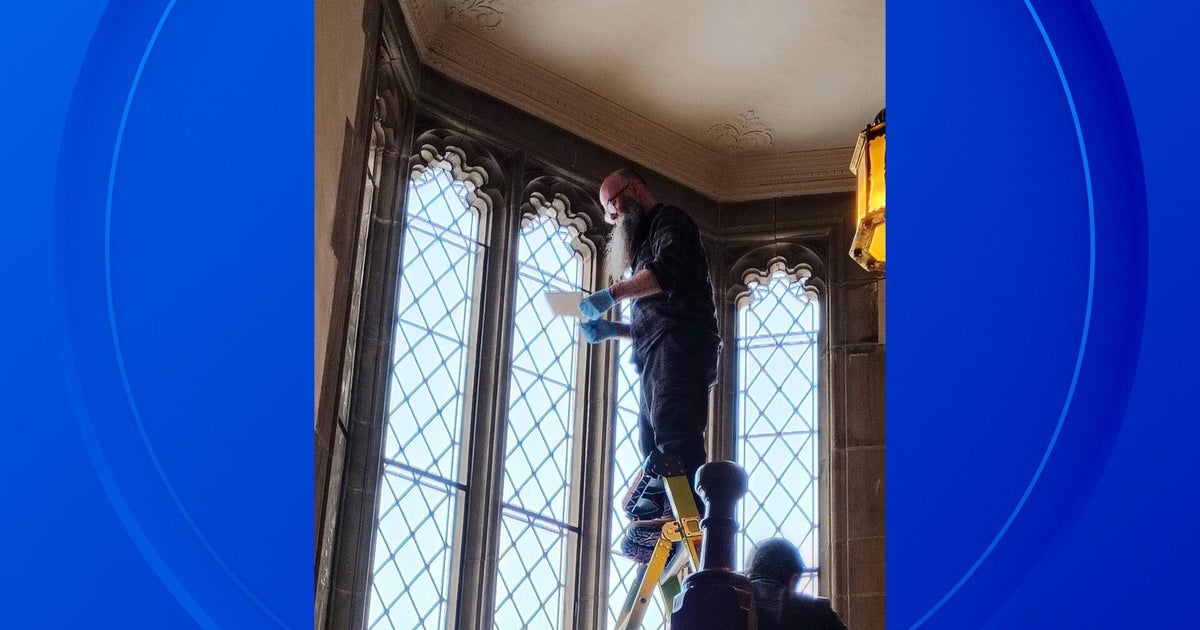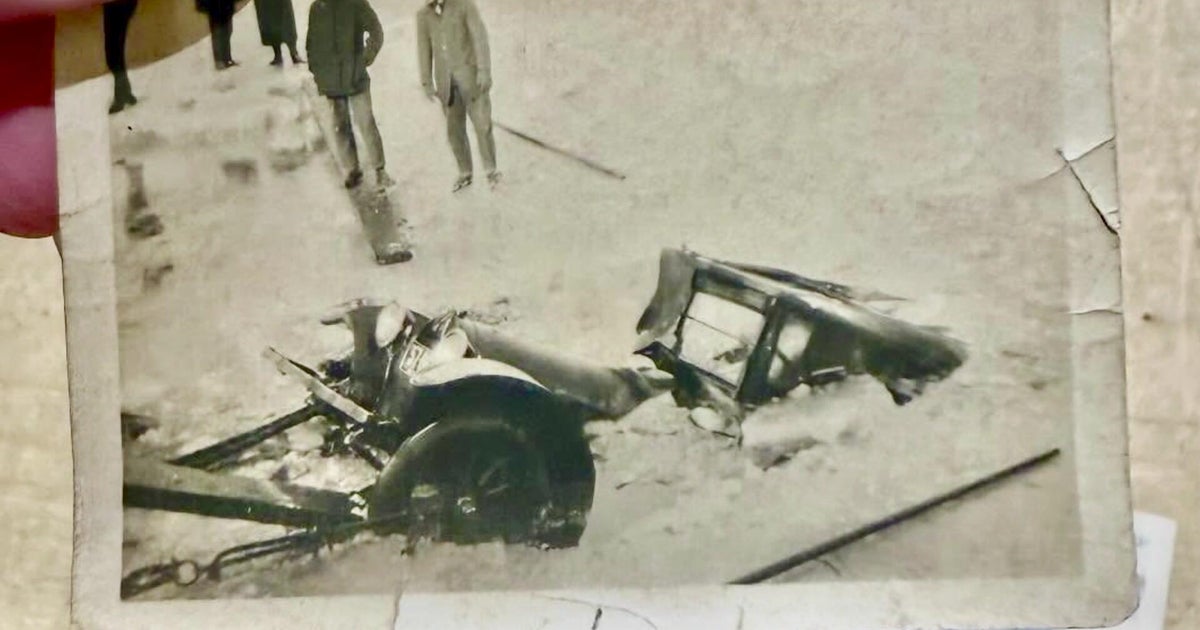Dayton, Democrats Try To Head Off The Dropoff
EAGAN, Minn. (AP) — When Tina Smith arrived at an eat-in bakery recently as an ambassador of Gov. Mark Dayton's re-election campaign, there wasn't much mystery about the allegiance of her assembled audience. A couple dozen tried-and-true Democrats who huddled around Smith were anxious to meet the governor's new running mate, and she was just as eager to deliver an early call to action.
"It's going to be a tough election," she warned.
These days, Smith is flitting between labor halls, campus meetings of college Democrats and local party gatherings on behalf of Dayton, who has barely stepped foot on the campaign trail this year while tending to the legislative session and recovering from a hip surgery that severely limited his mobility. Smith's itinerary and her prodding of activists are aimed at a perpetual problem for Democrats that is as fearsome as any of the six Republicans jockeying to face Dayton: They typically lose more voters each midterm election than the GOP does.
Minnesota's top-of-the-ticket Democrats consistently see their vote totals shrink by hundreds of thousands in midterms compared with presidential years. Roughly 650,000 fewer people in Minnesota voted for Dayton in 2010 than Barack Obama netted as a presidential candidate both times he ran, in 2008 and 2012. Republicans have a fall-off too, but not nearly as dramatic because of a base seen as older, deeper-rooted and generally more reliable.
To fight the problem, Democratic-Farmer-Labor Party leaders are putting staff in the field months earlier than usual, scouring voting data to identify supporters prone to skipping, starting registration drives sooner and conveying a sense of urgency across to their base. They also hope to turn a change in law — no-excuse absentee voting — to their advantage by connecting more people with ballots weeks in advance.
The stakes are high. Besides Dayton's pursuit of a second term, Democrats are defending a narrow hold on the Minnesota House, three other state government executive offices and the U.S. Senate seat Al Franken won by the tiniest of margins in 2008.
Smith, who was Dayton's chief of staff until she filled the vacant lieutenant governor slot on his ticket, is working to prevent the turnout slide by "really building up the coalition so it happens less than it usually does. We know that's going to make the difference."
Dayton won by fewer than 9,000 votes last time, and he's never before run for re-election after serving single terms as state auditor and U.S. senator. He's expected to use his final State of the State address Wednesday to recap the last four years and look ahead to the possibility of four more.
"It's inherently more difficult to be the incumbent in the era we are in," Dayton told The Associated Press in a recent interview. "There are things that happened in the last 3½ years that people can shoot at or make out to be worse than they are."
Dayton will try to make the debate about signature achievements: a stabilized budget, a jobs recovery, a higher minimum wage, a statewide expansion of all-day kindergarten, the legalization of gay marriage.
Republicans will try to make the campaign about the buggy state health insurance exchange, a steep increase in state spending and a controversial new legislative office building.
Down the ticket, state lawmakers muse about how to goose turnout in a year when Obama isn't a magnet atop the ticket. Obama was a proven lure for urban, young and minority voters who also tend to back Democrats.
"Hopefully, it's an effective campaign by Senator Franken and Governor Dayton," said Democratic Rep. Will Morgan of Burnsville, who is among those expecting a stiff challenge.
Corey Day, the DFL Party executive director, said the party has opened new offices or will soon in Minneapolis, St. Paul, Duluth, Rochester, St. Cloud and other population centers. By mid-May, as many as 35 paid staffers will be trained and dispatched into the field. They'll be putting together phone banks, arranging frequent door-knocking days, tailoring appeals and coordinating local activists as they reach out to family, friends and neighbors.
The party usually doesn't ramp up in this fashion until August or later. Then again, it has often had to wait until the end of summer to figure out its nominees. This time, the Democratic ticket is set while Republicans await the results of contested primaries.
"That's been the Achilles' heel of our party for years. We've had to wait as long as we have to have these conversations and be coordinated as one ticket," Day said. "We're sitting here in April and we've already got staff on the ground, we've already got offices coming on line, we have our ticket. It's huge."
Republican Party Chairman Keith Downey said even though the GOP won't know who will grab the top spots on the ticket for months, his team is hard at work rebuilding its campaign machinery. The party has significantly paid down or restructured crushing debt over the past couple of years that hampered its turnout activities.
"We will be effective and highly mobilized," Downey said. "While they have an advantage in being able to start their candidate specific messaging and voter identification, we'll hopefully have an opportunity with our candidates to put them in front of the public because of the fact we'll have competitive races."
Back at the cafe, retired nurse Dee Richards was thrilled to have Smith come by to frame the race a full 6½ months before Election Day. Richards has been active in Democratic politics for a quarter-century in the swing turf of Eagan and is enthusiastic about plans to give drop-off voters more — and earlier — attention.
"When we would do get-out-the-vote in the past, we would focus on the end. We're not going to leave it at that," Richards said. "And we've never focused on drop-off voters before. That's what's new."
(© Copyright 2014 The Associated Press. All Rights Reserved. This material may not be published, broadcast, rewritten or redistributed.)
